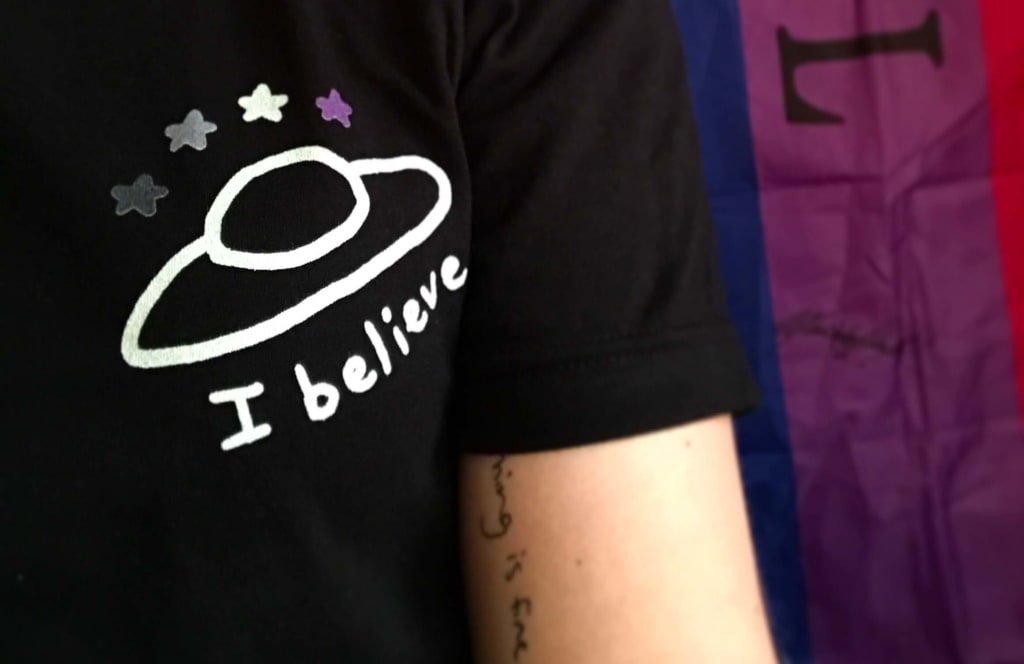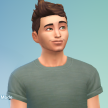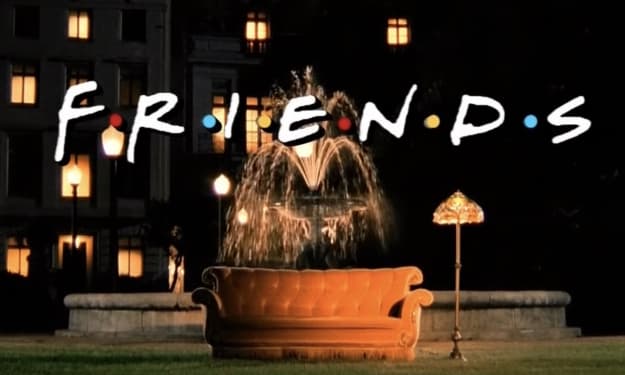Asexuality: I Want (You) To Believe
Because Twitter can't handle the nuances of being ace

Imagine, as a kid, seeing a particular movie being advertised everywhere you look. You don’t understand what it’s about, but you’re told that the movie is for grownups and to not watch it until you’re older.
You get to high school and this movie is referenced, talked about, and sometimes even shown, in almost every TV show you watch. You hear about classmates watching the movie and don’t understand the appeal, but you don’t get truly frustrated until your own friends start telling you that they’ve watched it, too, and that you’re the last to know because they thought you might be “weird” about it.
Now you’re in college and sometimes you try watching the movie by yourself, but you don’t react to it the way you think you should. You hear people in your building watching it—you don’t hear about it, you actually hear the movie itself—and you don’t understand why you feel so confused, so lost, like you’re missing something.
Years later, you finally get the chance to watch the movie with someone. It’s a little intimidating and weird and… interesting, you guess, but your partner enjoys it a lot more than you do, and at this point you have a really hard time not thinking something is wrong with you. You don’t understand why you’re the only person in the world who doesn’t get anything out of this movie.
This is what my experience as an asexual person has been like: not seeing the appeal of sex, questioning the hype around sex, and eventually having to come to terms with the fact that sex just isn’t something I care about. And you know what? It’s not such a bad thing, to simply not experience sexual attraction. As with many things that aren’t “mainstream” I have asexuality in the “it’s only weird if you make it weird” category, but that, there, is the problem—if we didn’t live in a sex-saturated society, if queerness weren’t inherently sexualized, and if the majority of the population didn’t take orgasms and physical pleasure for granted, then asexuality could be and would be considered just another identity.
We’re asked all the time: So what? Who cares if you don’t want to have sex? Why are you being so loud about not being attracted to anyone? Frankly, my friend… you seem to care that I don’t want to have sex. These folks are answering their own questions—we’re loud because when we speak the truth about our experience, so many choose to not believe us. Even my own partner at the time, when I cried through a coming-out speech, dismissed my non-interest as mere boredom, as a side-effect of us living together, and as not a big deal.
If it’s not a big deal, I thought to myself, why am I so scared? Why is there so much weight on my chest? Why, now that I’ve found this word and said it out loud to someone, do I feel like everything just changed?
Asexuality is not celibacy or abstinence, it’s not being too busy to sleep with anyone, and it’s not a dry spell or something to be “fixed” or overcome. In fact, it’s not a choice at all. While we can choose our boundaries and practices on an individual basis, we don’t choose the lack of sex drive. I didn’t choose to live in a body that doesn’t react to sexual stimulation; why would I, when my inability to feel those physical sensations is so incredibly isolating? Sitting in a room filled with people talking about how much they love that movie, how often they’ve watched it, who they’ve watched it with, how they can’t wait to watch it again, on and on and on. I don’t think about the movie much on my own, but when everyone around me is talking about it, about how great it is, about how much they love it… that’s when I start to feel awkward, self-conscious, and very othered.
That othering is the same way I felt when I watched Jane on The Bold Type struggle to have an orgasm, only for her love interest to swoop in and “help her out,” and why I was so hurt when GLOW made the problem about a character’s hesitation to receive oral sex instead of making the problem about her lover’s cruel reaction. That othering is also why I was so impressed with BoJack Horseman dedicating so much screen time to Todd’s asexual journey, and why R-rated queer feature Portrait of a Lady On Fire avoiding any explicit onscreen sex felt like such a breath of fresh air, and why I cry through Jean’s speech to Florence in Sex Education during every single rewatch.
“Sex doesn’t make us whole,” Jean tells her gently, “so how could you be broken?”
Not everyone we come out to will be a highly educated and understanding sex therapist, but we certainly would prefer that they react similarly to her: by believing, unequivocally, in our truth.
For more resources:
- Yasmin Benoit, asexual activist
- Marshall John Blount (aka Gentle Giant Ace), asexual activist
- AVEN - Asexual Visibility & Education Network
- Angela Chen, author of Ace
About the Creator
Kelsey O'Regan (they/them/theirs)
Creator/writer of BIFL: The Series, professional fixator, recovering Online Person.






Comments
There are no comments for this story
Be the first to respond and start the conversation.